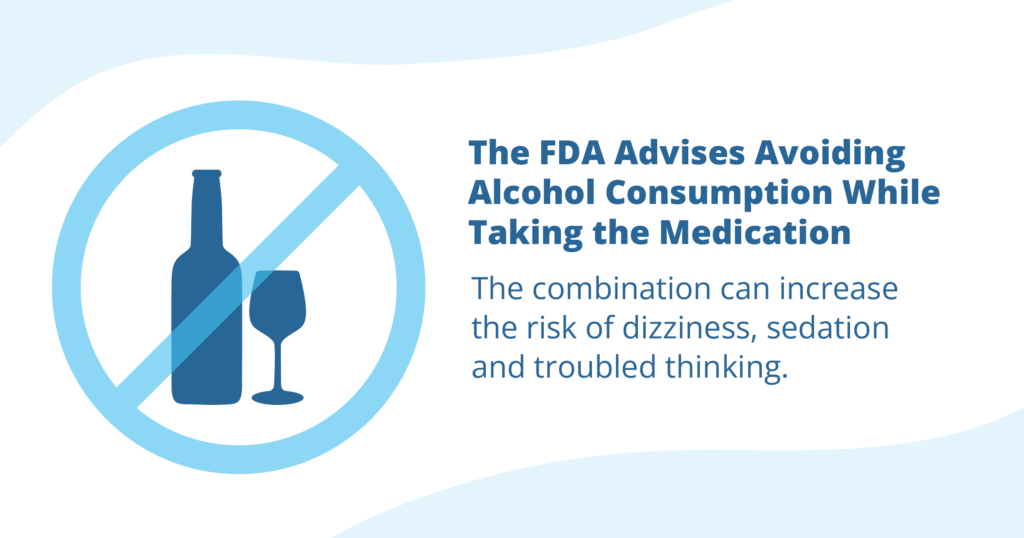What is Lexapro?
Doctors prescribe Lexapro (or sertraline) as a selective serotonin reuptake inhibitor (SSRI) and antidepressant. The drug alleviates symptoms of depression, anxiety, obsessive-compulsive disorder (OCD), post-traumatic stress disorder (PTSD), and other conditions. Learn the dosage, effects, and risks of Lexapro withdrawal below.
Acting to preserve and promote the “feel-good” neurotransmitter, serotonin—the medicine improves lowered serotonin levels present in depression and other disorders. Taking Lexapro, nerve cells produce more serotonin in the brain. The effect stabilizes moods, wound healing, sleep, digestion, and more.
However, excessive serotonin levels have side effects. To treat illnesses like depression and anxiety, follow your doctor’s prescription to cut common side effects of taking Lexapro.

Lexapro Prescription
Doctors consider age, health, and responses to other medications before prescribing Lexapro. It usually comes in 25, 50, and 100 mg tablets. Higher doses appear in 150 and 200 mg capsules and an oral solution in 20 mg measures. Your doctor will choose and adjust the dose best for your condition, but it often takes six weeks to notice therapeutic effects.
Like most medications, your prescriber will offer important warnings about side effects and risks, especially for patients with a history of heart conditions, mania, seizures, organ damage, diabetes, and even glaucoma. The drug affects many brain and body functions to treat patients, and it can present unintended effects.
Effects of Lexapro Withdrawal
Lexapro received FDA approval as a safe and effective treatment in 2002. However, small and serious side effects occur due to the medication. Some experience allergic and severe responses, but most see common, minor side effects:
- Nausea
- Sweating
- Restlessness
- Numbness
- Insomnia
Alcohol and Lexapro
The FDA advises avoiding alcohol consumption while taking the medication. Alcohol temporarily increases serotonin in the brain. Combined with Lexapro, overly elevated serotonin levels can increase the risk of side effects like dizziness, sedation, and troubled thinking. Mixing alcohol and Lexapro can endanger all patients.
Addiction to Lexapro
Respected researchers have not proven Lexapro’s risk of abuse by adults. As an approved treatment option for several mental health conditions, it is common and safe for patients with depression, anxiety, OCD, PTSD, and more.
However, like any long-term medication, patients rely and depend on its “feel-good” serotonin function. Many prescribed Lexapro decide to change medications following doctor’s orders with a withdrawal period.
Symptoms of Lexapro Withdrawal
Lexapro can treat symptoms found in many mental health disorders that impact a patient’s ability to enjoy life. Patients with severe side effects or no response to its treatment will stop Lexapro for another antidepressant or antipsychotic medication, bringing withdrawal symptoms.
During withdrawal, psychological effects can mean nervousness, irritability, confusion, and more. Patients rarely experience paranoia, psychosis, hostility, hallucination, and incoherence (when you may need a supervised detox center to stop Lexapro safely). Physical symptoms may also appear during the withdrawal period:
- Lightheadedness
- Headaches
- Tingling
- Fatigue
- Chills
Lexapro Withdrawal and “Serotonin Syndrome”
Lexapro increases serotonin levels in the body. Extreme serotonin levels can cause toxicity, a potentially fatal reaction when untreated. Since small percentages of this serotonin syndrome result from Lexapro and SSRI-class medications—patients usually avoid toxicity by skipping missed doses (rather than taking Lexapro as soon as they remember their medication).
In mild cases, serotonin syndrome causes physical and psychological symptoms:
- Dilated pupils
- Restlessness
- Confusion
- Twitching
- Shivering
- Sweating
- Diarrhea
Rare and severe cases of serotonin syndrome cause much more serious concerns:
- High blood pressure
- Irregular heartbeat
- Unconsciousness
- Seizures
- Fever
Some people with serotonin syndrome lose interest in daily life and show depressive symptoms. Serotonin syndrome should be discussed, treated, and watched by a healthcare professional.
Is Lexapro Right for Me?
Lexapro shows effectiveness in treating many mental health conditions. But, the drug can cause side effects and withdrawal symptoms for some people. Always use your doctor, prescriber, or center to make informed decisions about treatment.
The Haven Detox offers substance use treatment as well as Lexapro prescription and detoxification. Speak to our specialists about how to overcome depression and other mental health conditions. Call 877-950-5674 for more information.